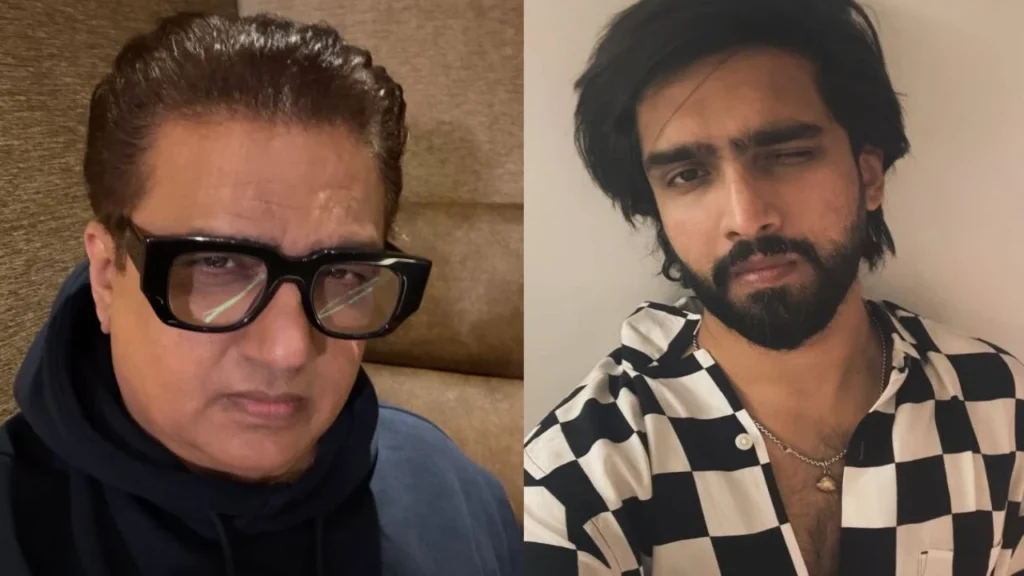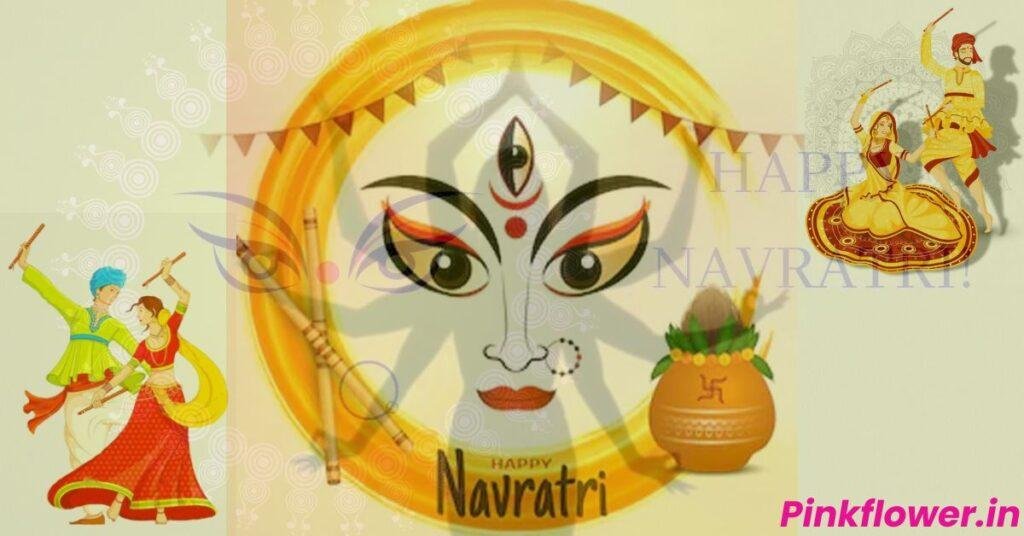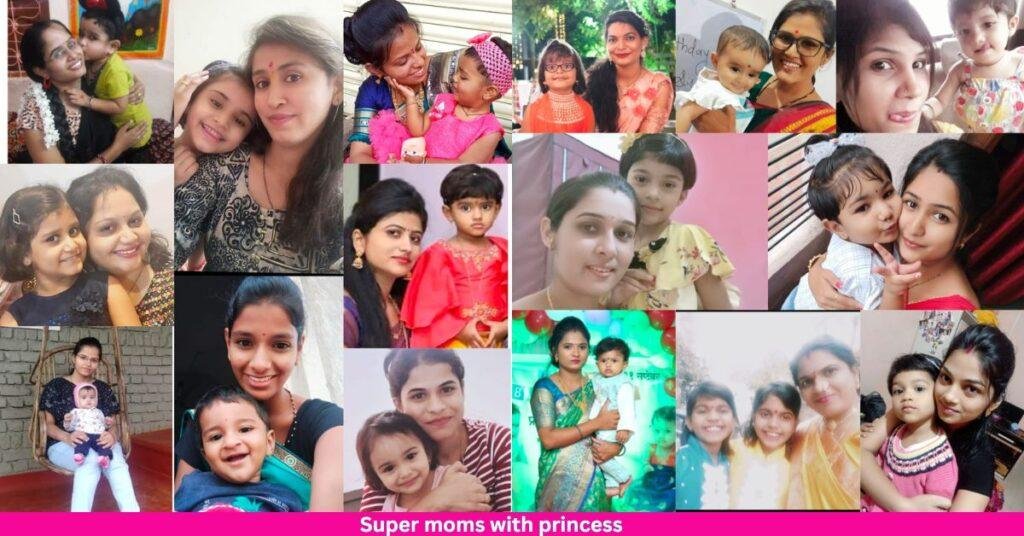Veteran music composer Daboo Malik has spoken out following harsh criticism directed at his son, Amaal Mallik, during Bigg Boss 19. Expressing emotional fatigue and disappointment, Daboo Malik said, “I cannot hear abuses at this age.” The heartfelt statement sheds light on the emotional toll public scrutiny can take on celebrity families.Reality television is a strange mirror it magnifies personalities, emotions, and conflicts to an extent that sometimes blurs the line between entertainment and empathy. Bigg Boss 19, one of India’s most-watched reality shows, is once again at the center of public debate, this time involving music composer Amaal Mallik and his father, the veteran musician Daboo Malik.
After weeks of heated exchanges, online trolling, and harsh criticism aimed at Amaal, Daboo Malik finally voiced his pain. In an emotional statement, he said, “At this age, I cannot hear abuses like these.” His words reflect not only a father’s anguish but also raise deeper questions about the culture of online toxicity, family dignity, and the blurred ethics of reality TV.
The Context: Amaal Mallik in Bigg Boss 19
Amaal Mallik, known for soulful compositions in Bollywood and chart-topping singles, entered Bigg Boss 19 as one of the more refined and artistic contestants. His entry surprised many — a musician known for his calm demeanor stepping into a show famous for controversies and confrontations.
However, as weeks unfolded, Amaal’s personality, comments, and arguments became a subject of social media scrutiny. Several co-contestants and fans took offense to his strong opinions and outspoken nature. The debates quickly spiraled into trolling, hate speech, and personal attacks — many of which extended to his family members outside the house.
This is when Daboo Malik, the patriarch of the Malik musical family, chose to speak out.
Daboo Malik’s Emotional Statement
In an interview with multiple media outlets, Daboo Malik said:
“What hurts most is the tirade of negativity that happens. I never thought of ourselves as stars — we are musicians. But at this age, I cannot hear abuses like these.”
e further expressed disappointment at the way some online users target not only the contestant but also their family. He revealed that people have gone so far as to question his parenting, saying things like, “This is what happens when upbringing goes wrong.”
For Daboo, these comments were not just criticism they were deeply personal wounds.
He added:
“When you’ve raised your children with values and dignity, and you see people making judgments without understanding context, it’s heartbreaking. I’m a father first and a musician later.”
The Emotional and Generational Divide
Daboo Malik’s statement underscores a generational divide between how fame and criticism are experienced. For someone who has spent decades in the film and music industry — where reputation, respect, and grace have been lifelong principles the abrasive nature of today’s social media culture can feel alien and exhausting.
For the younger generation like Amaal, navigating this chaotic ecosystem is part of the game they’re accustomed to online battles, fan wars, and trolling. But for parents like Daboo, this is new, invasive territory.
His statement, “I cannot hear abuses at this age,” is not just about age or sensitivity; it’s a call for decency a reminder that behind every public figure stands a family made of real human emotions.
The Broader Issue: Trolling and Online Negativity
This controversy reveals the darker side of reality entertainment and social media behavior: the normalization of online abuse.
Bigg Boss, by design, thrives on drama and polarization. Viewers are encouraged to take sides, create memes, and express strong opinions. But when that enthusiasm turns into hate crossing into personal and abusive language it stops being entertainment and becomes emotional violence.
Several public figures, from Gauahar Khan to Salman Khan, have spoken about the increasing toxicity among audiences. Social media platforms amplify this negativity through algorithms that reward outrage and conflict.
For families like the Maliks, who have given decades to the Indian entertainment industry, this represents a cultural shift one that challenges traditional values of respect and restraint.
A Father’s Dignified Stand
What stands out in Daboo Malik’s reaction is his restraint. He did not retaliate or attack anyone personally. Instead, he spoke from a place of pain, maturity, and wisdom.
He emphasized that as a parent, his concern is not about fame or competition, but emotional wellbeing. “The environment inside the Bigg Boss house creates psychological pressure. Sometimes behavior changes under stress. I understand that as a father, but the public should also understand it as humans,” he said.
This comment reflects empathy for both his son and the audience. It’s a plea for understanding, not defense.
Lessons Beyond the Show
Daboo Malik’s remarks invite introspection for viewers, creators, and society at large.
- Empathy over Entertainment: Audiences must remember that contestants are real people, not characters in a script. Every word of hate can affect someone’s mental health and family life.
- Family Boundaries: Criticism of performance is fair, but dragging families or upbringing into debates is deeply unfair.
- Responsible Media Consumption: Reality TV thrives because people watch and discuss it. If audiences demand more respect-driven narratives, the content will evolve.
- Generational Sensitivity: Older artists like Daboo Malik represent an era where art spoke louder than controversy. Their discomfort with public mudslinging deserves acknowledgment.
The Role of Bigg Boss and Media
Shows like Bigg Boss are built on confrontation, but they also carry social responsibility. While producers can’t control viewer reactions, they can set boundaries on the tone and type of conflicts encouraged on-screen.
Media outlets, too, play a crucial role. Headlines often amplify controversy to drive clicks, sometimes stripping away emotional context. Daboo Malik’s plea reminds us that ethics in reporting are just as important as sensationalism in storytelling.
Amaal Mallik’s Journey Ahead
Despite the backlash, Amaal Mallik continues to have a strong fanbase that admires his honesty and individuality. His musical career remains his biggest strength. It’s possible that, after leaving Bigg Boss, Amaal may reflect on how fame, perception, and communication intersect in today’s hyper-connected world.
For now, Daboo Malik’s statement might help shift public tone from hostility to understanding.
Conclusion
In a world obsessed with instant judgment and viral outrage, Daboo Malik’s heartfelt words cut through the noise.
“At this age, I cannot hear abuses like these.”
This isn’t just a father defending his son — it’s a dignified protest against the erosion of civility in modern entertainment culture.
His message is simple yet powerful: respect is timeless. Regardless of generation, fame, or controversy, every artist — and every parent — deserves compassion.
As the Bigg Boss drama unfolds, perhaps it’s time for audiences and the media to pause, listen, and remember that behind every screen persona lies a family that feels, hurts, and hopes — just like the rest of us.


